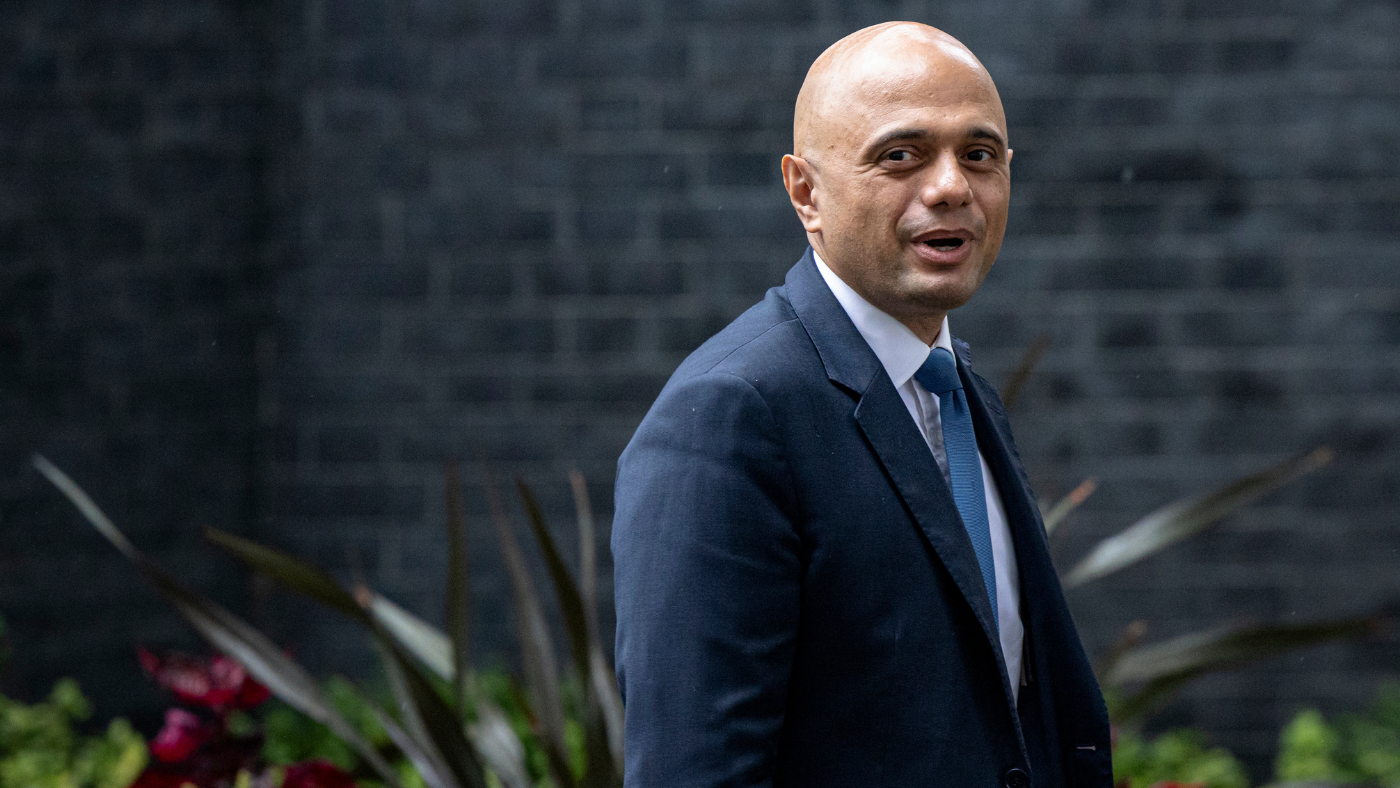More than a dozen younger Conservatives including Sajid Javid are standing down ahead of next election
.polaris__post-meta--date { display: none; } .polaris__post-meta--date.no-script { display: block; padding-left: 45px }

A flood of younger Tory MPs are abandoning politics amid fears of a Conservative wipeout at the next election.
Conservative Central Headquarters (CCHQ) had asked MPs to confirm by yesterday whether they planned to stand for Parliament again when the country next heads to the ballot boxes, widely expected to be in 2024.
The arbitrary deadline “proved a convenient jumping-off point more than a dozen Conservative lawmakers – many still in the prime of their working lives – who have seen their party battered by tanking poll ratings for the past 12 months, and staring straight into the economic abyss”, said Politico.
What did the papers say?
A total of 27 MPs, including 14 Tories, had announced plans to quit as of Monday night. That total is well below the average of 85 MPs who stepped down at each election between 1979 and 2019. according to Sky News.
But “while a proportion of MPs inevitably retire ahead of any election, what’s striking about the latest class of Tory quitters is that many appeared to have long political careers still ahead of them”, said Politico.
The news site calculated that the average age of the first 13 Conservatives to quit was just 49, compared to 69 for the 12 Labour MPs who have said they will not run again.
The exiting Tories include former chancellor Sajid Javid, 52, who had been touted for a return to the frontbenches; former cabinet ministers Chris Skidmore and Chloe Smith, both in their early 40s; Scottish Tory leader Douglas Ross, 39; and influential backbencher William Wragg, 34. Also leaving Westminster is Dehenna Davison, who is just 29 but was “touted as a rising star of the party”, said The Telegraph’s political reporter Dominic Penna.
“Some say they’re doing it to dedicate more time to family or other career options,” reported City A.M., “but it’s clear there’s a thought in the back of their minds – that the next election is already lost.”
This could be particularly true for MPs from the so-called Red Wall, such as Davison. Latest polls indicate that many of the 2019 intake who won in traditional Labour areas “will be in serious danger of losing their seats”, said the i news site.
Upcoming boundary changes that could turn some safe seats into marginals are also believed to be a factor in the Tory departures, along with an increase in constituency work in recent years. Experts have suggested that a new generation of MPs are also being put off by widespread public hostility and social media attacks against politicians.
“While none of them specifically cited personal attacks as a reason for their decision,” said PoliticsHome’s chief reporter Alain Tolhurst, “online abuse and concern for the safety of MPs has been a growing issue in recent years.”
What next?
Amid dire poll numbers that suggest the Tories are heading for defeat, Rishi Sunak “now has the unenviable task of convincing his party that it’s worth staying on board”, City A.M. said.
According to Politico, an unnamed Labour MP “suggested it was no accident many of the Tories departing through choice are those who had distinguished themselves in some way in Westminster, and are therefore seen as having decent post-Parliament career prospects”.
In an article on UnHerd, corporate strategist and political commentator John Oxley suggested that “the departure of so many young MPs points towards the changing nature of how we see Parliament – less of a vocation, more of a career choice”.
And the latest losses of Tory MPs with “institutional memory and parliamentary experience” pose big problems not just for the Conservatives “but for politics too”, he warned. “Poor oppositions allow poor governments to flourish without proper scrutiny” and “the longer it takes for the Tory party to be rebuilt (or, indeed, replaced) the more one-sided our politics may remain”.


